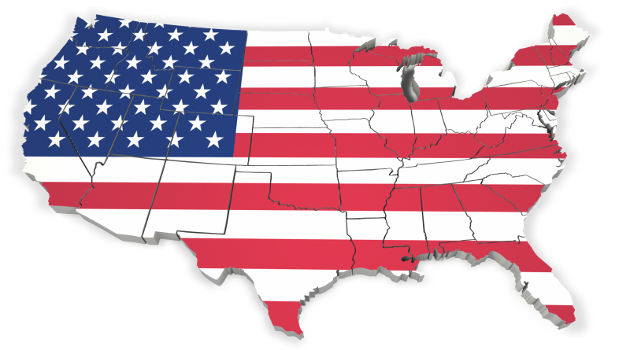
by Dan Mitchell | Sep 25, 2017 | Blogs, Taxation
In my research and travels, I come across all sorts of strange stories about tax policy. Sometimes I learn about bizarrely foolish tax policies, such as the German tax on online coffee sales that loses money for government. Sometimes I learn about heartening protests...

by Dan Mitchell | Sep 24, 2017 | Blogs
Whenever someone accuses me of being too dogmatically opposed to government, I tell them that I only got 94 out of 160 possible points when I took Professor Bryan Caplan’s Libertarian Purity Quiz. That’s barely 70 percent, which makes it seem like I’m some sort of...
by Dan Mitchell | Sep 23, 2017 | Blogs, Economics, Taxation
The most common arguments for reducing the 35 percent federal tax on corporate income usually revolve around the fact that having the developed world’s highest tax rate on business undermines competitiveness and reduces investment in America. And all of that is true....
by Dan Mitchell | Sep 22, 2017 | Big Government, Blogs, Welfare and Entitlements
The world’s best welfare state arguably is Finland. Yes, the burden of government spending is enormous and the tax system is stifling, but the nation gets extremely high scores for rule of law and human liberty. Moreover, it is one of the world’s most laissez-faire...

by Dan Mitchell | Sep 21, 2017 | Blogs, Taxation
Earlier this year, I pointed out that Trump and Republicans could learn a valuable lesson from Maine Governor Paul LePage on how to win a government shutdown. Today, let’s look at a lesson from North Carolina on how to design and implement pro-growth tax policy. In...




